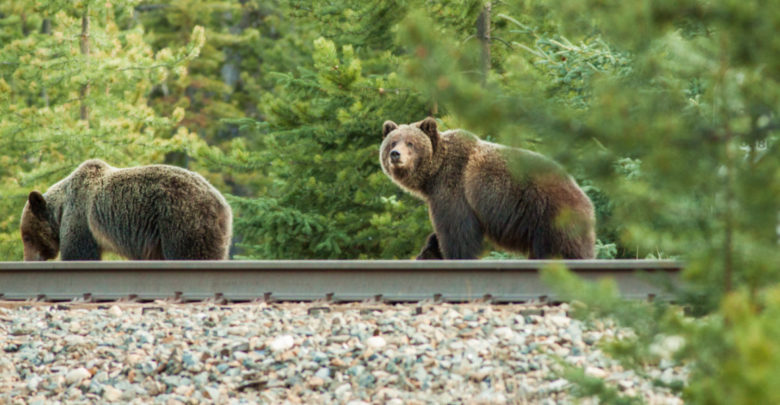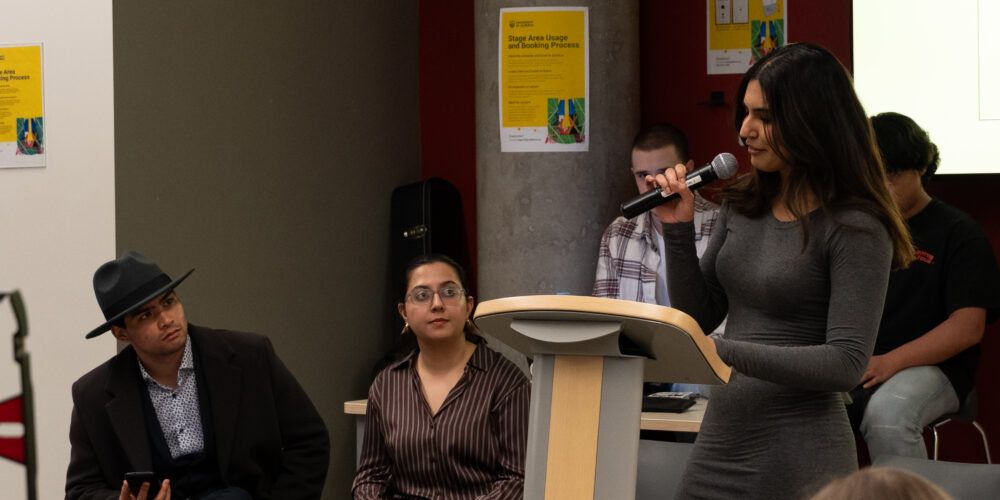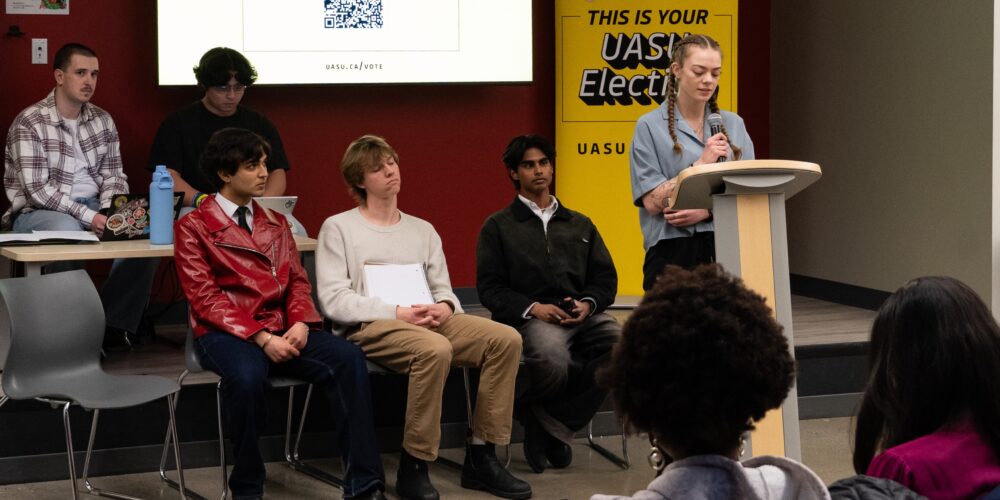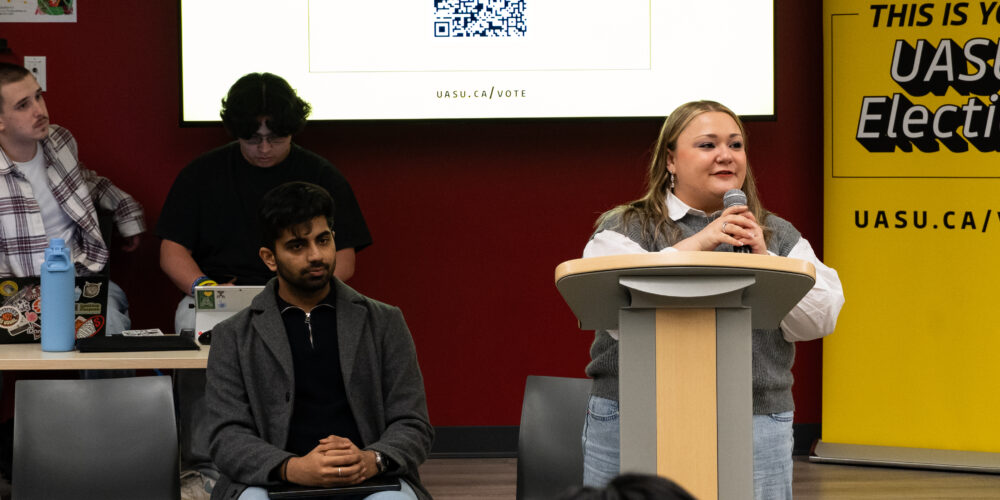Grizzly bear management shouldn’t be made into a sport
There's other ways to responsibly manage the grizzly bear population without turning it into a sport.
 Supplied by Niels de Nijs
Supplied by Niels de NijsAs University of Alberta students, we see bears on a daily basis. Yes, most of them are either statues or stuffed animals, but nonetheless we know and love them. But many actually living bears are likely to get stuffed with Alberta’s new grizzly bear hunt.
To very few people’s surprise, but plenty of people’s dismay, the Government of Alberta reintroduced the grizzly bear hunt. The hunts will be selective and in the effort of conservation and safety — or at least that’s the idea. The reality of this seems to be making a sport of managing a threatened species.
Hunters have long wished for the return of the grizzly bear hunt, some of which I know personally. I was raised around hunting, both in my own family and in the community I grew up in. And while hunting deer, elk, or moose is often a way of providing for a person’s family, I don’t see hunting grizzly bears as the same. People who are signing up to hunt “problem bears” aren’t doing it to feed their families. They’re doing it for a cool experience, or maybe a nice bear rug to show their friends.
No one should get to trophy hunt a threatened species so they can tell a story around a campfire. The province should protect and responsibly manage grizzly bears. Hunting grizzly bears in any capacity shouldn’t occur unless there are absolutely no other options left. Alberta does have other options to protect people and their livelihoods.
The province originally discontinued the hunt in 2006, after a long fight by conservationists. The grizzly bear population had been declining, but recently it’s started to climb back up. But only by a bit. In 2010 there was an estimated 700 to 800 grizzly bears in Alberta. Today, the estimated number is 1,150.
Some argue that this isn’t a reintroduction of the grizzly bear hunt. This argument hangs on the fact that wildlife officers will choose the bear, the location, and the time for the hunter. The old grizzly bear hunt would have hunters seeking out whatever bear they can find, in a place and time of their choosing. So essentially, the new program just takes the hard work out of it — but it’s still hunting.
Wildlife officers have euthanized aggressive grizzly bears for years. It’s their job to do so, but euthanizing “problem bears” doesn’t do anything to prevent future problems with other bears. Neither will letting hunters do the killing instead. It only makes a sport out of an unfortunate situation.
If the province meaningfully wanted to improve the safety of Albertans and grizzly bears, there’s other ways to do so. The province should prioritize options such as better education for people on how to react to encounters with grizzly bears. Not only to avoid reintroducing even a small-scale hunt, but also for simple safety measures. Alberta has a lot of natural beauty, but that comes with dangers. Education about how to avoid those dangers is only logical.
Beyond concerns of grizzly bear attacks, rural Albertans are concerned about agricultural losses due to grizzly bears as well. Efforts such as government subsidies for electric fencing and compensation for lost crops and livestock can help. There’s also the option to tranquilize bears that are a cause for concern and relocate them away from people.
Wildlife experts have done plenty of studies on how the province can manage grizzly bears. Hence the number of wildlife experts speaking out against the provincial government’s recent decision. But the province simply is choosing not to take recommended measures — instead it reintroduced the hunt.
If wildlife officers have exhausted all other options to prevent the so-called “problem bears” from causing problems, then let the professionals do their jobs. Turning killing grizzly bears into someone’s sport or hobby isn’t going to solve any problems. The province should put resources toward actually managing the species, not killing more of them.




